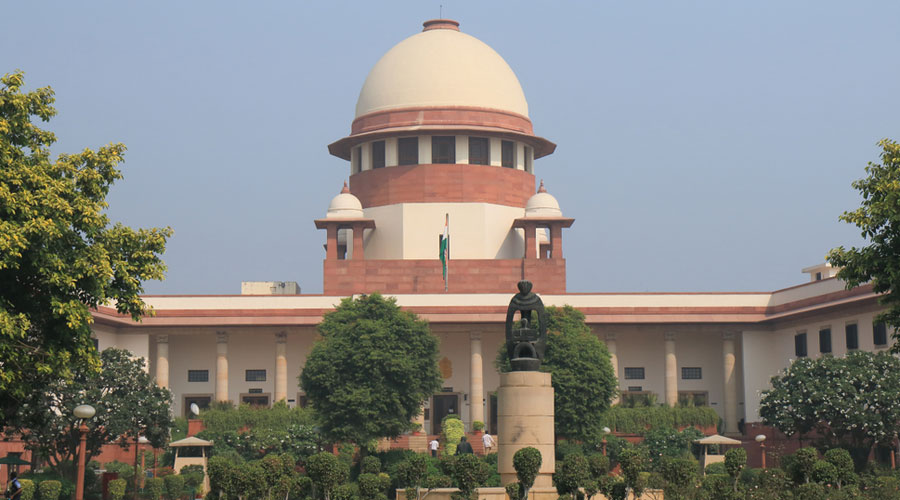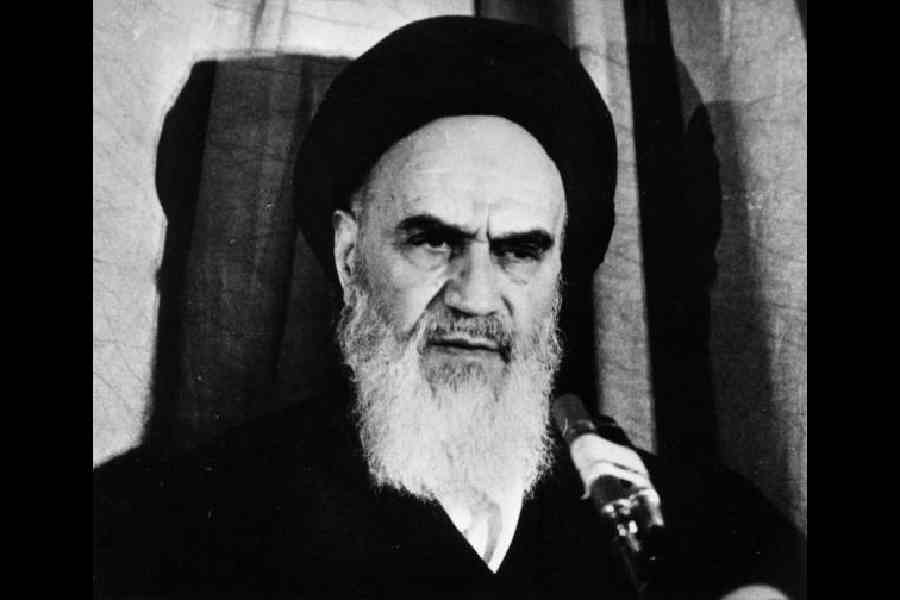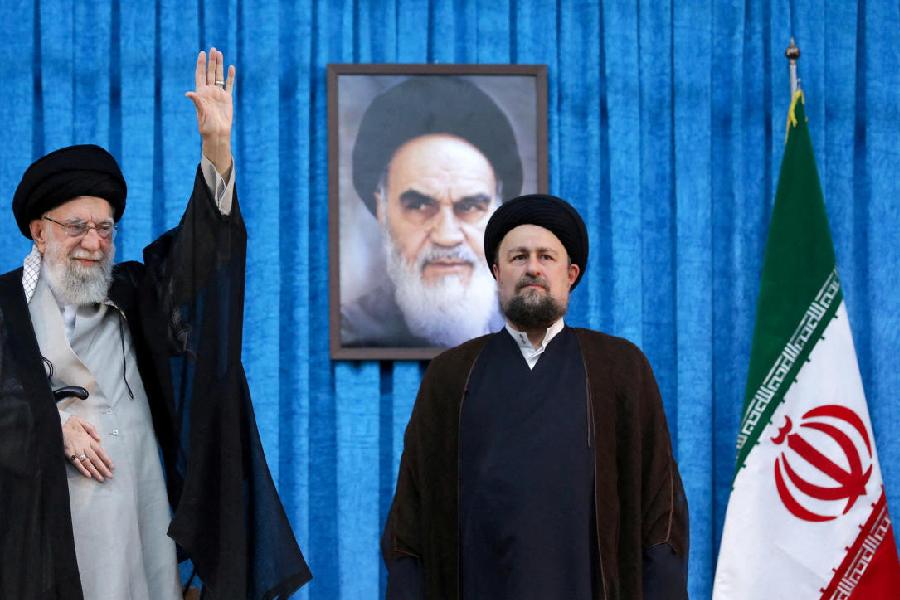The Supreme Court on Tuesday gave a month to the defence ministry to grant permanent commission to women officers in the army after the government said it could not comply with the court’s February 17 directions because of the pandemic.
The court had in February asked the government to implement its order in three months, a deadline that ended in May.
A bench of Justices D.Y. Chandrachud and Ajay Rastogi on Tuesday rejected an application moved by the Centre seeking six months’ time from now to implement the court’s directive. While seeking time, the defence ministry had told the court that it would comply with the directive “in letter and spirit”.
The ministry had said the “decision-making process on the issue is at a final stage. Only formal orders remain to be issued in this regard…”
On February 17, the top court had directed the government to grant permanent commission to all women army officers, including those in combat areas, dismissing the Centre’s argument of physiological and social limitations as a “deeply entrenched… flawed notion” of gender stereotypes.
Permanent service has been applicable to men so far. Women have till now been inducted through a short service commission that lets them work for up to 14 years, and only allowed permanent commission in the army’s legal and educational wings.
Following the February 17 judgment, women are to get the same opportunities and benefits as their male colleagues, including ranks, promotions and pensions, and be allowed to serve longer tenures.
Justice Chandrachud, heading the bench, had chided the government for placing a note justifying that women could not be granted the status of permanent commissioned officers on a par with men who had completed 14 years of service.
“The submissions advanced in the note tendered to this court are based on sex stereotypes premised on assumptions about socially ascribed roles of gender which discriminate against women,” Justice Chandrachud, writing the judgment, had said.
“Reliance on the ‘inherent physiological differences between men and women’ rests in a deeply entrenched stereotypical and constitutionally flawed notion that women are the weaker ‘sex and may not undertake tasks that are too arduous’ for them.
“Arguments founded on the physical strengths and weaknesses of men and women and on assumptions about women in the social context of marriage and family do not constitute a constitutionally valid basis for denying equal opportunity to women officers.”










